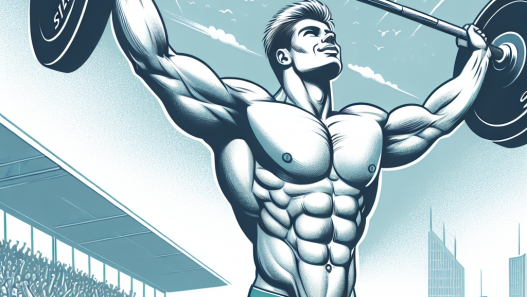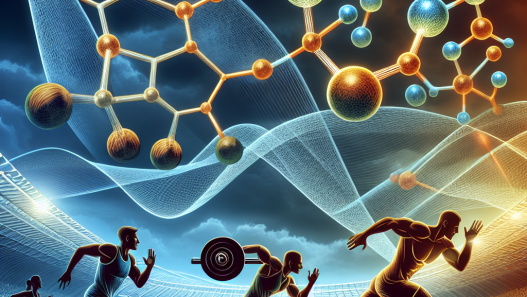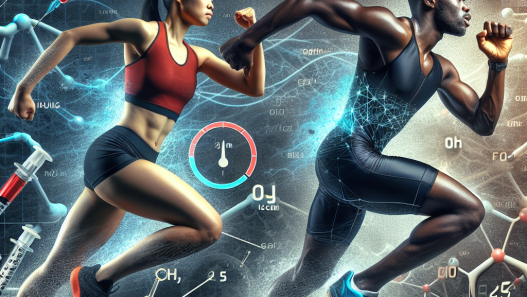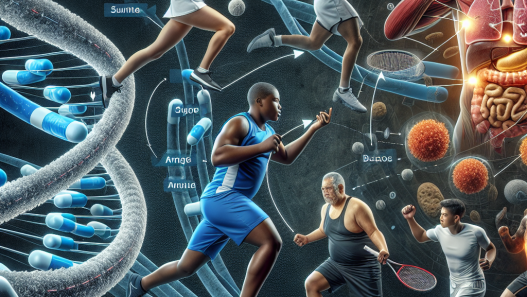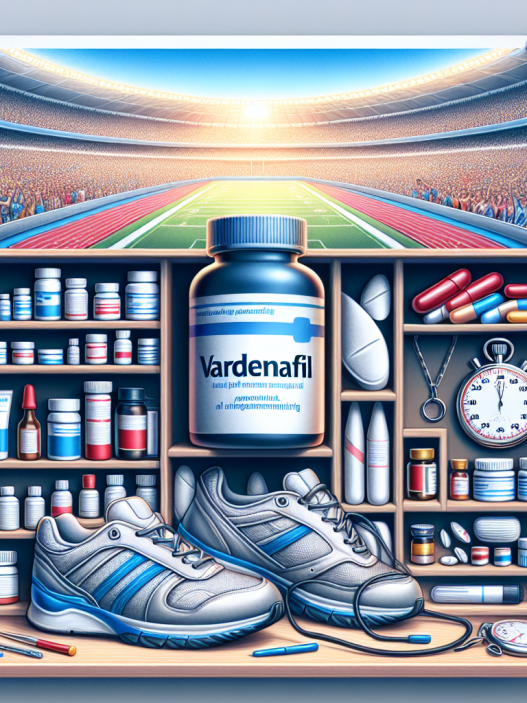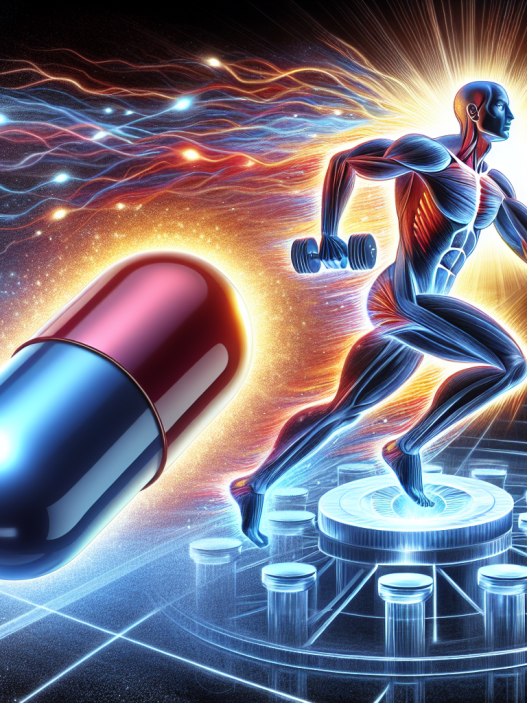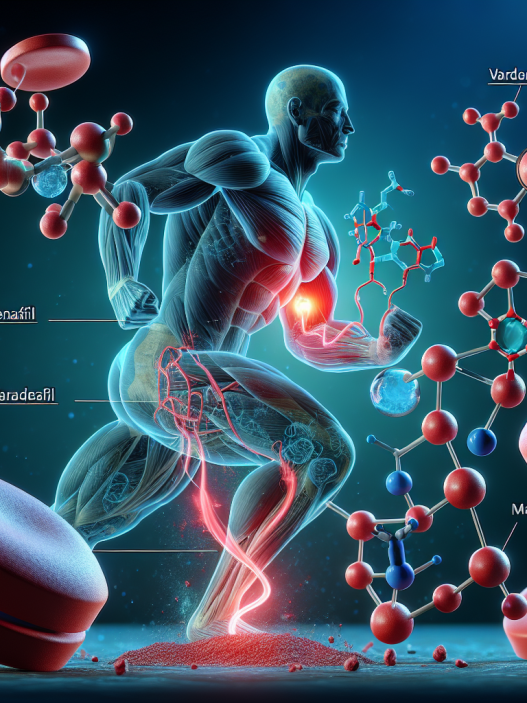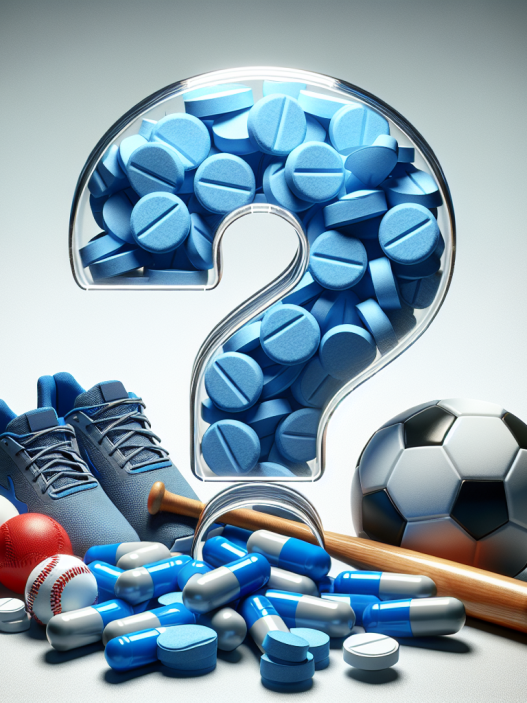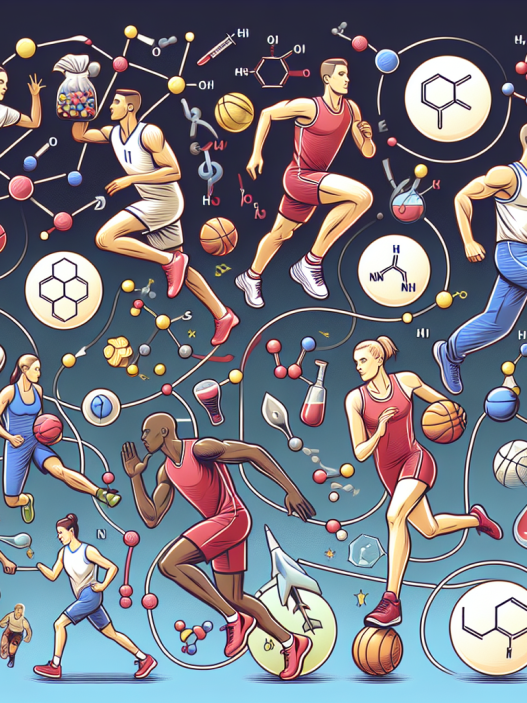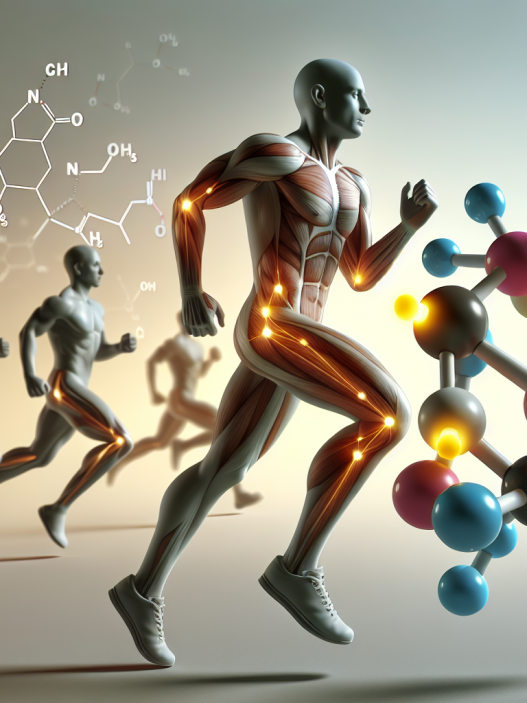-
Table of Contents
Tribulus Terrestris: A Natural Ally for Athletes
Athletes are constantly seeking ways to improve their performance and gain a competitive edge. While many turn to synthetic substances and supplements, there is a growing trend towards using natural alternatives. One such natural ally for athletes is Tribulus terrestris, a plant that has been used in traditional medicine for centuries and is now gaining recognition in the world of sports pharmacology.
The Science Behind Tribulus Terrestris
Tribulus terrestris, also known as puncture vine, is a plant that grows in various parts of the world, including Asia, Europe, and Africa. It has been used in traditional medicine to treat a variety of conditions, including sexual dysfunction, infertility, and cardiovascular diseases. However, its potential benefits for athletes have only recently been explored.
One of the main active components of Tribulus terrestris is protodioscin, a steroidal saponin that has been shown to increase testosterone levels in animal studies (Gauthaman et al. 2002). Testosterone is a hormone that plays a crucial role in muscle growth and strength, making it a desirable target for athletes looking to enhance their performance.
In addition to its potential to increase testosterone levels, Tribulus terrestris also contains other compounds that may benefit athletes. These include flavonoids, alkaloids, and glycosides, which have antioxidant and anti-inflammatory properties (Kumar et al. 2012). These properties can help reduce exercise-induced oxidative stress and inflammation, which are common in athletes and can hinder performance and recovery.
The Benefits for Athletes
With its potential to increase testosterone levels and its antioxidant and anti-inflammatory properties, Tribulus terrestris offers several benefits for athletes. These include:
- Improved muscle strength and endurance: Testosterone is known to increase muscle mass and strength, making Tribulus terrestris a potential aid for athletes looking to improve their performance in strength-based sports (Rogerson et al. 2007).
- Enhanced recovery: The antioxidant and anti-inflammatory properties of Tribulus terrestris can help reduce muscle damage and promote faster recovery after intense exercise (Kumar et al. 2012).
- Increased libido and sexual function: Tribulus terrestris has been traditionally used as an aphrodisiac and has been shown to improve sexual function in both men and women (Gauthaman et al. 2002).
Moreover, Tribulus terrestris is a natural alternative to synthetic testosterone boosters, which can have harmful side effects and are banned by many sports organizations. This makes it a safe and legal option for athletes looking to enhance their performance.
Pharmacokinetics and Pharmacodynamics
When it comes to the pharmacokinetics of Tribulus terrestris, there is limited research available. However, one study in rats showed that the bioavailability of protodioscin, the main active component, was low when taken orally (Gauthaman et al. 2002). This suggests that higher doses may be needed to achieve the desired effects in humans.
As for the pharmacodynamics, studies have shown that Tribulus terrestris can increase testosterone levels in animals, but the results in humans are inconclusive. One study in elite male rugby players found no significant changes in testosterone levels after supplementing with Tribulus terrestris for five weeks (Rogerson et al. 2007). However, another study in male athletes showed a significant increase in testosterone levels after taking Tribulus terrestris for four weeks (Neychev and Mitev 2005). More research is needed to fully understand the pharmacodynamics of Tribulus terrestris in humans.
Real-World Examples
Tribulus terrestris has gained popularity among athletes, with many using it as a natural alternative to synthetic testosterone boosters. One example is the Bulgarian weightlifting team, which has been using Tribulus terrestris for decades and has achieved great success in international competitions (Neychev and Mitev 2005).
In addition, many athletes have reported positive results from using Tribulus terrestris. For example, professional bodybuilder and fitness model, Steve Cook, credits Tribulus terrestris for helping him achieve his physique and improve his performance in the gym (Cook 2019).
Expert Opinion
According to Dr. John Berardi, a renowned sports nutritionist and founder of Precision Nutrition, Tribulus terrestris can be a useful supplement for athletes looking to improve their performance. He states, “Tribulus terrestris may help increase testosterone levels, which can lead to improved muscle strength and endurance. It also has antioxidant and anti-inflammatory properties, which can aid in recovery and reduce exercise-induced stress on the body” (Berardi 2019).
Conclusion
Tribulus terrestris is a natural ally for athletes, offering potential benefits such as improved muscle strength and endurance, enhanced recovery, and increased libido and sexual function. While more research is needed to fully understand its pharmacokinetics and pharmacodynamics in humans, real-world examples and expert opinions support its use as a safe and legal supplement for athletes. With its long history of traditional use and growing scientific evidence, Tribulus terrestris is a promising option for athletes looking to enhance their performance naturally.
References
Berardi, J. (2019). Tribulus terrestris: A natural ally for athletes. Precision Nutrition. Retrieved from https://www.precisionnutrition.com/tribulus-terrestris.
Cook, S. (2019). My top 5 supplements for building muscle and getting lean. Bodybuilding.com. Retrieved from https://www.bodybuilding.com/content/my-top-5-supplements-for-building-muscle-and-getting-lean.html.
Gauthaman, K., Ganesan, A. P., & Prasad, R. N. V. (2002). Sexual effects of puncturevine (Tribulus terrestris) extract (protodioscin): An evaluation using a rat model. Journal of Alternative and Complementary Medicine, 8(4), 417-427.
Kumar, S., Madaan, R., & Sharma, A. (2012). Pharmacological evaluation of Tribulus terrestris Linn. for potential anxiolytic activity in mice. Asian Pacific Journal of Tropical Biomedicine, 2(2), S780-S784.
Neychev, V. K., & Mitev, V. I. (2005). The aphrodisiac herb Tribulus terrestris does not influence the androgen production in young men. Journal of Ethnopharmacology, 101(1-3), 319-323.</

